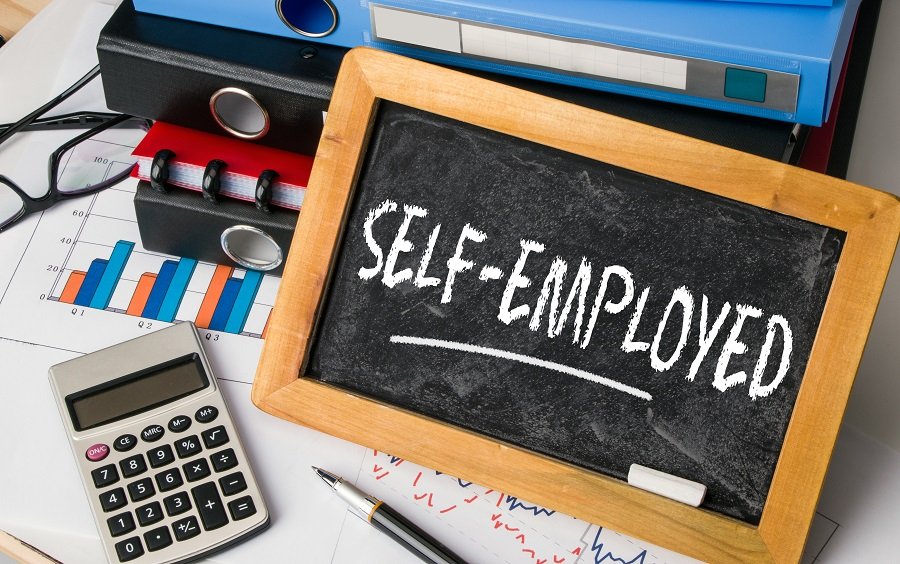Estate Planning is an important legal process to secure your assets and provide for your loved ones after you’re gone. However, even well-intentioned individuals can make significant mistakes that might jeopardize their estate planning goals. We’ll explore some common estate planning mistakes and provide insights into how to avoid them.
1. Passing Away With No Estate Plan
If you die without an Estate Plan, the court will decide who inherits your assets, and this can lead to all sorts of problems. Who is entitled to your property is determined by our state’s intestate succession laws, which hinge largely upon whether you are married and if you have children. Spouses and children are given top priority, followed by your other closest living family members.
If you are single with no children, your assets typically go to your parents and siblings, and then more distant relatives if you have no living parents or siblings. If no living relatives can be located, your assets go to the state.
If you’re married with children and die with no plan, it might seem like things would go fairly smoothly, but that’s not always the case. If you’re married, but have children from a previous relationship, for example, the court could give everything to your spouse and leave your children with nothing.
2. Considering That A Will Alone Is Enough
Lots of people, particularly older folks, believe that a Will is the only Estate Planning Tool they need. While a will is a fundamental part of nearly every adult’s estate plan, which can ensure that your assets go where you want them to go in the event of your death, using a will by itself comes with some serious limitations, including the following:
- Wills require your family to go through the court process known as probate, which can not only be lengthy and expensive, it’s also completely open to the public and frequently creates ugly conflicts among your loved ones.
- Wills don’t offer you any protection if become incapacitated by illness or injury and are unable to make your own medical, financial, and legal decisions.
- Wills don’t cover jointly owned assets or those with beneficiary designations, such as life insurance policies and 401(k) plans.
- Wills don’t provide any protection or guidance for when and how your heirs take control of their inheritance.
- Naming Guardians for your minor children in your Will can leave them vulnerable to being placed in the care of strangers.
Given these facts, if your estate plan consists of a will alone, you are missing out on many valuable safeguards for your assets, while also guaranteeing your family will have to go to court if you become incapacitated or when you die. Fortunately, all of the above issues can be effectively managed using a trust.
3. Creating a Trust & Not Properly Funding It
Many people now know that a Trust can keep your family out of court, and you may think you can just go online to set up your own trust, or have a lawyer do it with you as a one-size-fits all solution. An unfunded trust is a trust that exists, but that doesn’t hold any of your assets because you didn’t retitle them properly, or because you acquired new assets after creating your trust.
Funding your trust properly is extremely important, because if any assets are not properly funded, the trust won’t work, and your family will have to go to court in order to take ownership of that property.
While many lawyers will create a trust for you, few will ensure your assets are properly inventoried and funded into your trust, and even fewer will ensure the inventory of your assets is kept up-to-date as your life and assets change over time.
4. Not Updating Your Inventory of Assets
As mentioned above, even if you’ve properly funded your assets into your trust, your estate plan will be worthless if your heirs don’t know what you have or where to find it. In fact, there’s more than $58 billion dollars worth of lost assets in the U.S. Department of Unclaimed Property right now.
This is especially critical for digital assets like cryptocurrency, social media, email, and data stored in the cloud, because if you haven’t properly addressed these assets in your estate plan, there’s a good chance they will be lost forever if something happens to you.
5. Failing to Regularly Review & Update Your Estate Plan
In addition to keeping an updated asset inventory, it’s vital that you regularly review and update all of your planning documents. Far too often people prepare a will or trust , then put it into a drawer or on a shelf, and forget about it.
Yet, an estate plan is not a one-and-done deal. As time passes, your life circumstances change, the laws change, and your assets change, you must update your plan to reflect these changes that is, if you want your plan to actually work for your loved ones and keep them out of court and conflict.
6. Not Updating Beneficiary Designations
In addition to reviewing and updating your core estate planning documents like your will, trust, and power of attorney, it’s crucial that you also update the documentation for your other assets, especially those with beneficiary designations. Some of your most valuable assets, like 401(k)s, IRAs, and life insurance policies, do not transfer via a will or trust.
Instead, these assets have beneficiary designations that allow you to name the person (or persons) you’d like to inherit the asset upon your death. Oftentimes, people forget to change their beneficiary designations to match their estate planning goals, which can lead to disaster. For example, if you get remarried and forget to update your 401(k), your ex-spouse from 20 years ago could end up inheriting your retirement savings.
It makes no difference who is listed as the beneficiary in your will or trust; you must list the person you want to inherit the asset in the beneficiary designation, or your heirs will have to go to court to claim the asset.
And you should never name a minor child as a beneficiary of your life insurance or retirement accounts, even as the secondary beneficiary. If a child inherits assets, the assets become subject to control of the court until they reach the age of 18, and then, the assets are distributed outright without any protection or direction.
7. Improper Execution
To be considered legally valid, certain estate planning documents like wills must be executed (i.e. signed, witnessed, and/or notarized) following very strict legal procedures. For example, many states require that you and every witness to your will must sign it in the presence of one another.
You could have the best estate planning documents in the world, but if you fail to sign them, or sign them improperly, they will fail. This might seem trivial, but we see it all the time. A loved one dies, their family brings their estate planning documents to us, and we can’t help them because the documents were either not signed or were signed improperly.
8. Choosing The Wrong Executors Or Trustees
In addition to laws regarding execution, state laws are also very specific about who can serve in certain roles like executor, trustee, or financial power of attorney. In some states, for instance, the executor of your will must either be a family member or an in-law, and if not, the person you choose must live in the state. If your chosen executor doesn’t meet those requirements, he or she cannot serve.
Moreover, some states require the person you name as your executor to get a bond, which is like an insurance policy before he or she can serve. Such bonds can be difficult to get for someone who has a less-than-stellar credit score.
9. Unintended Conflict Between Family Members
This is particularly true for blended families, where spouses have children from previous relationships. If you try to go it alone using a DIY document service, you won’t be able to consider all of the potential areas where conflict might arise among your family members and plan ahead to avoid such disputes.
Every day we see families end up in lifelong conflict due to poor estate planning. Yet, we also see families brought closer together as a result of handling these matters the right way.
10. Failing To Properly Name Guardians For Minor Children
If you are a mom or dad with children under the age of 18 at home, your number-one estate planning priority should be selecting and legally documenting both long and short-term guardians for your kids. Guardians are the people legally named to care for your children in the event something happens to you.
If you’ve named guardians for your minor children in your will even with the help of another lawyer your kids could still be at risk of being taken into the care of strangers.
Get Help Today & Consult With An Estate Planning Attorney
Avoiding these ten estate planning mistakes is crucial for securing your legacy and ensuring that your wishes are carried out effectively. Addressing these pitfalls will provide peace of mind and safeguard your assets for future generations. Seek the advice of a reputable estate planning attorney to help navigate the complexities and intricacies of creating a robust estate plan tailored to you. We will offer you the support and guidance you need at Hurban Law.
The Information On This Website Is For General Information Purposes Only. Nothing On This Or Associated Pages, Documents, Comments, Answers, Emails, Or Other Communications Should Be Taken As Legal Advice For Any Individual Case Or Situation. This Information On This Website Is Not Intended To Create, And Receipt Or Viewing Of This Information Does Not Constitute, An Attorney-Client Relationship.





